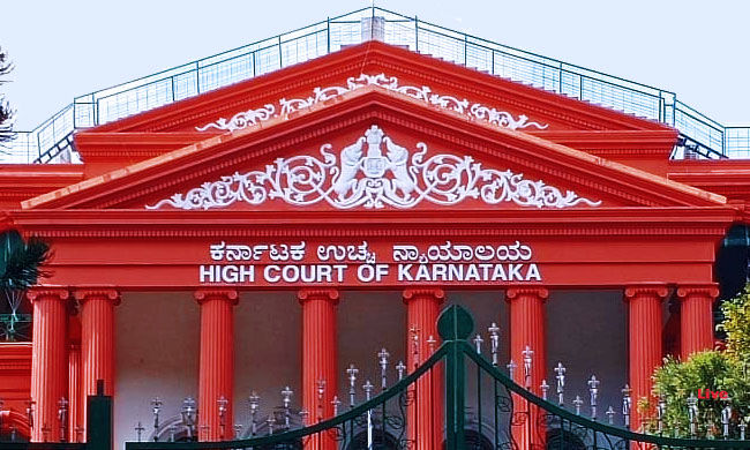Farmers' Suicides: Karnataka High Court Seeks Govt's Reply Over Excluding Borrowers From Unlicensed Private Lenders In Compensation Scheme
Mustafa Plumber
7 Sept 2021 5:00 PM IST

"Money lenders being registered or not doesn't have any relation to money lending or subsequent suicides", the application states.
Next Story


